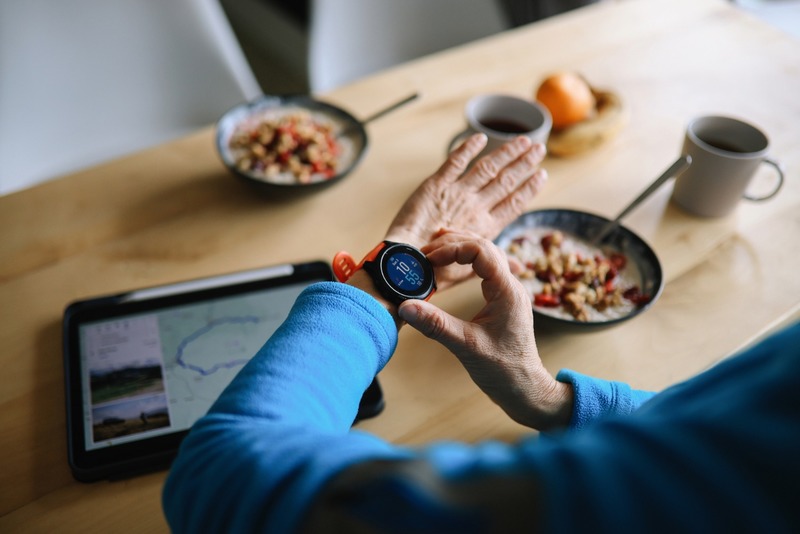News
Give Aging a Little Shock with Heat Shock Proteins

In addition to NAD+ and cellular senescence, heat shock proteins (HSPs) are emerging as a key area of interest for scientists who study the biological mechanisms of aging and longevity. These remarkable cellular protectors have been linked to enhanced stress resistance, improved cellular function, and ultimately, increased lifespan by altering the progression of chronic conditions such as cardiovascular disease, cancer, and autoimmunity.
Heat shock proteins are a group of molecular chaperones that play a crucial role in maintaining cellular homeostasis. They are called "heat shock" proteins because their expression is induced in response to stressors like heat, toxins, infections, and other environmental challenges. However, their significance extends far beyond merely responding to thermal stress.
Key Roles of Heat Shock Proteins
- Protein Folding and Stability: HSPs assist in the proper folding of proteins, preventing misfolding and aggregation. This ensures that cellular proteins maintain their structural integrity and function optimally.
- Cellular Stress Response: HSPs are activated in response to various stressors, helping cells cope with adverse conditions. This stress response is vital for cellular survival and resilience.
- Anti-Aging Effects: Research suggests that the upregulation of heat shock proteins may contribute to delaying the aging process by preserving cellular function and reducing the accumulation of damaged proteins.
Similar to increasing NAD+ and reducing senescent cells, activating HSPs involves strategies such as exercise and caloric restriction. Furthermore, heat exposure and certain nutrients can boost your HSPs, as detailed below.
- Exercise: Regular physical activity, including aerobic exercise, high-intensity interval training (HIIT), and resistance training, has been shown to stimulate the production of HSPs. Exercise induces a controlled cellular stress, prompting the body to upregulate protective mechanisms, including heat shock proteins.
- Caloric Restriction: Studies have suggested that caloric restriction may enhance the expression of HSPs. Adopting a balanced and nutrient-dense diet while limiting calorie intake might positively impact longevity through the activation of these protective proteins.
- Sauna and Heat Therapy: Exposure to heat, such as through saunas or hot baths, triggers the heat shock response. This gentle stressor can stimulate the production of HSPs, promoting cellular health and resilience.
- Polyphenol-Rich Foods: Certain compounds found in fruits, vegetables, and teas, such as resveratrol and quercetin, have been associated with increased HSP expression. Including a variety of colorful, plant-based foods in your diet may contribute to promoting heat shock protein production.
Image courtesy of the National Library of Medicine.
More News
-
New!
More

First Chair to Last Call: What Does Alcohol Really Mean For Your Health?
In nearly every Colorado ski town, some iteration of the neon sign blares its play-hard-party-harder anthem. It’s a not-so-subtle nod to mountain party culture, a lifestyle that normalizes combining sports and outdoor adventures with heavy drinking and partying. In Eagle County, après culture, high-altitude living and outdoor performance have coexisted for as long as locals have been sliding on snow. But how much is too much at altitude? And what role do social support systems play in helping residents find balance?
-
New!
More

Counting More Than Steps: How Wearables Can Help (or Hinder) Your Health
From step counts to sleep stages, heart rate variability to blood sugar spikes, wearable devices are giving us a front-row seat to what’s happening inside our bodies. Strapped to wrists, slipped onto fingers or wrapped around our biceps, wearables like the Oura Ring or Whoop strap promise insight and advice in the quest for better health.
-
More

Cass Barham and Sarah Crabtree Honored As Recipients of Vail Health Elevate Award
Cass Barham and Sarah Crabtree, both lab techs at Vail Health Hospital, have been named recipients of the Vail Health Elevate Award. Vail Health created the Elevate Award in June 2022 to give patients and their families an opportunity to nominate and thank employees who have touched their lives in some way.
